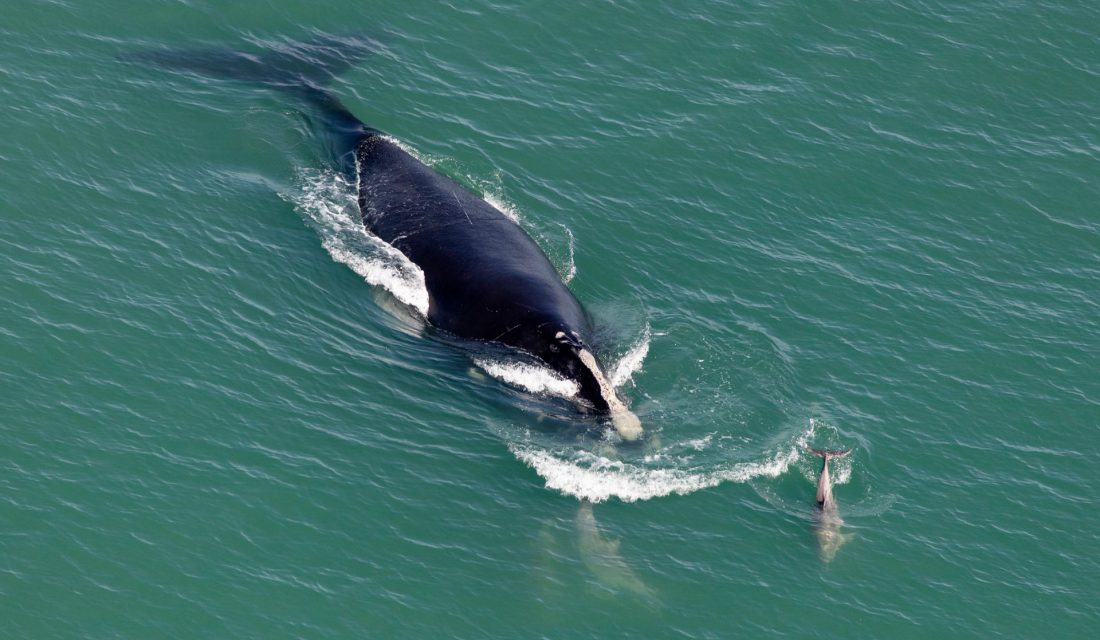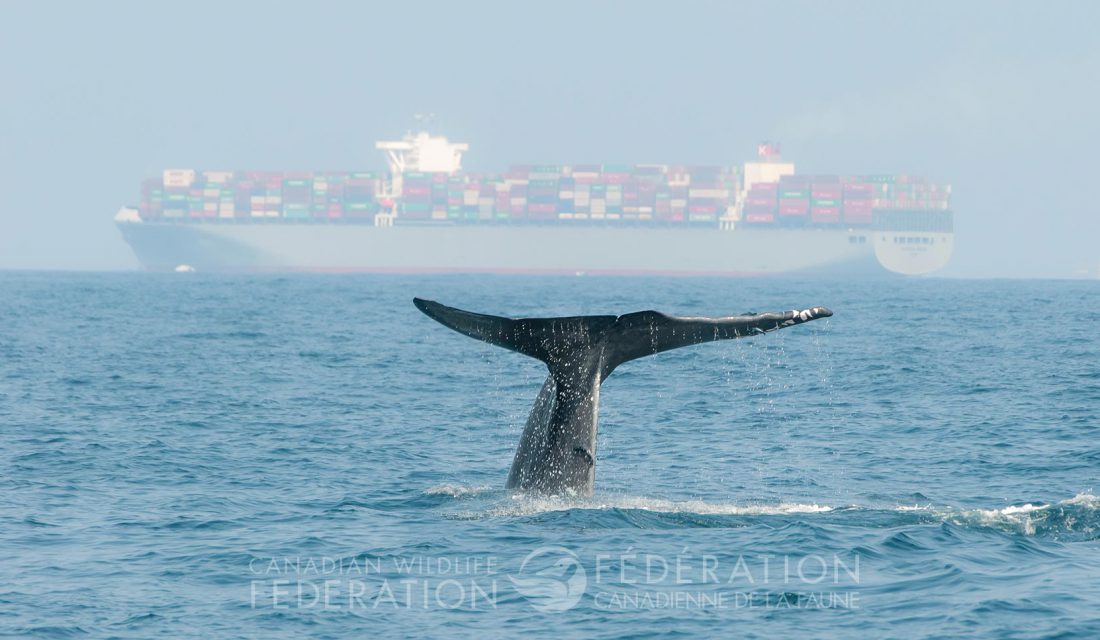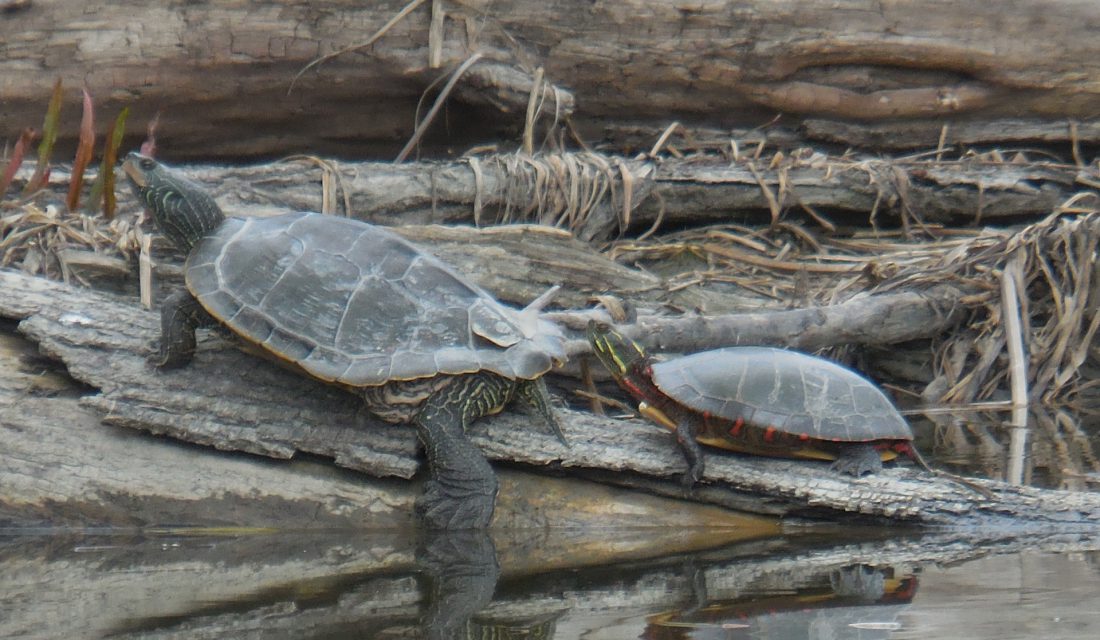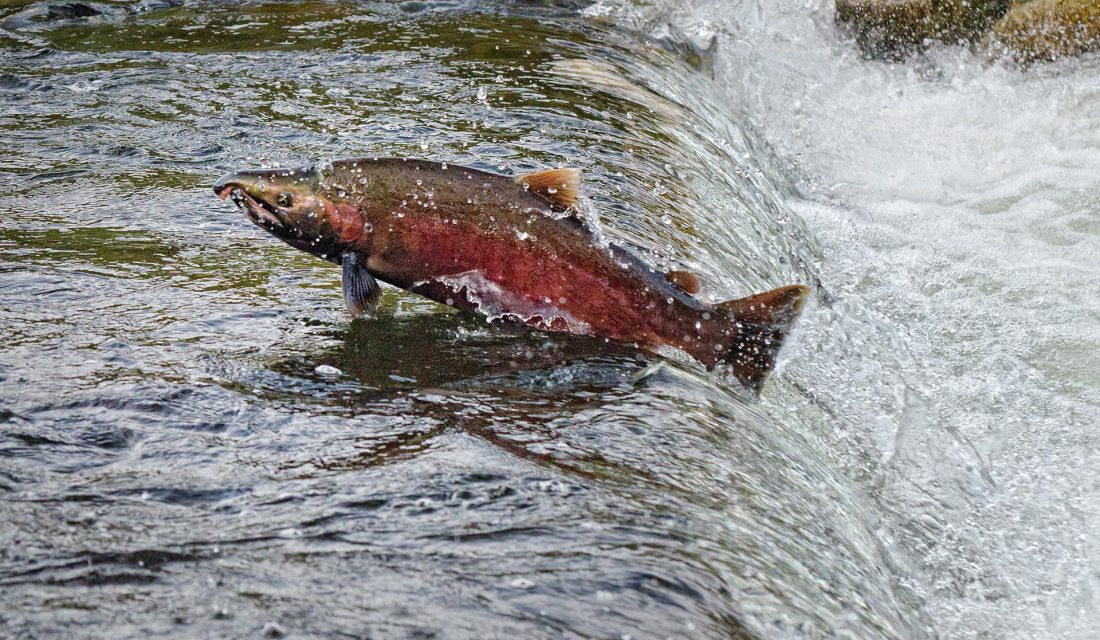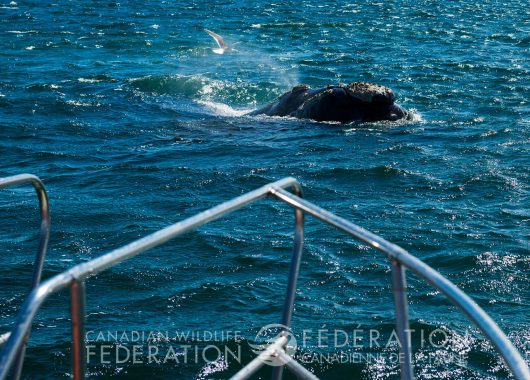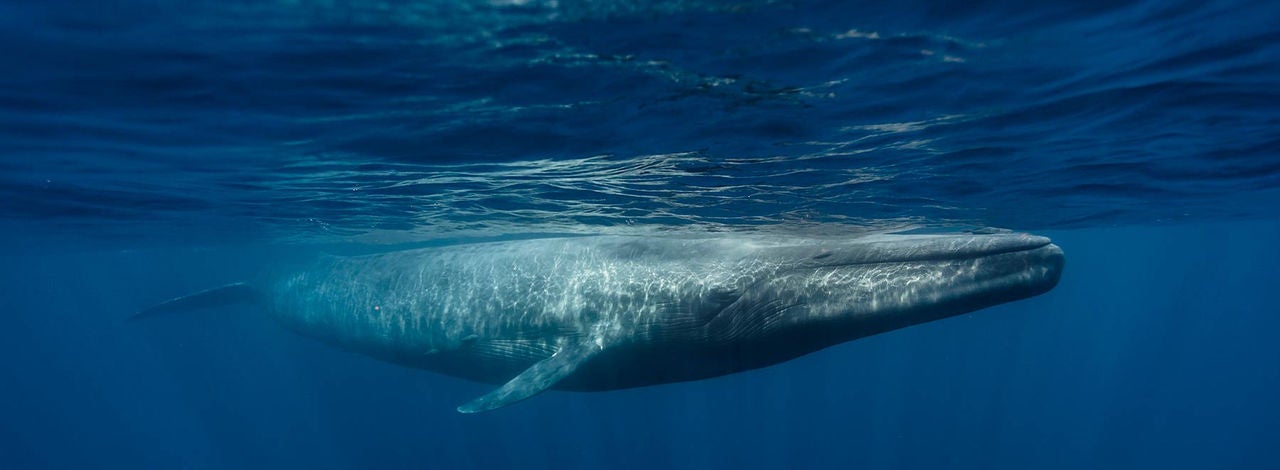The Threat
From cargo ships to pontoon boats, vessels can pose quite a risk to our marine and freshwater species.
Ship strikes, for example, can negatively impact all kinds of whales; many of which undergo incredible migrations every year between calving and feeding grounds. When these migratory routes cross paths with the shipping lanes, there’s a higher risk of the whales and the vessels colliding which can result in injury or death. Necropsies performed on whales killed by ship strikes have found that some ship strikes might fracture bones, while most will cause severe hemorrhaging to the blubber and tissue of the whale’s body. Deep propeller cuts are also common and can lead to large open wounds and even sever their spine/flukes and pectoral fins.
But whales aren’t the only creatures harmed by boat strikes. Freshwater animals, like turtles, can also fall victim to boating collisions. The Northern Map Turtle is at a particularly high risk as they enjoy basking at the water’s surface. Boat propellers can be ruthless to these at-risk reptiles; a propeller can kill a turtle or even cut open the top of its shell. One study conducted in a waterway northeast of Toronto found that 18 per cent of Northern Map Turtles had propeller injuries to their shells.
Even if a boat doesn’t hit an animal, it can still create large wakes and disturb the wildlife around it. Take the Common Loon for an example. A large wake can knock eggs right out of a Common Loon’s nest, flood the nest or disturb the nesting pair. It can also cause chick mortality if the chick is separated from its parents.
Sounding Off
Noise pollution can also harm a variety of wild species – from krill to crabs. A 2017 study published in the journal of Nature Ecology and Evolution found that an underwater blast actually obliterated two-thirds of zooplankton near the blast. These creatures are incredibly important to the ecosystem. Blue Whales, for example, survive primarily on these minute organisms.
Speaking of whales, these marine mammals use sound to navigate the waters, care for their young, find prey and mates and communicate with one another through sound as well. Unfortunately, there is so much noise in our oceans that is manmade these days that these marine mammals barely stand a chance. Oil drills, sonar sounds, ships and even seismic tests are so incredibly loud, our whales are being negatively affected. A container ship moving through the ocean, for example, makes sounds up to about 130 decibels underwater– that’s about as loud as the wail of a siren. And it only gets worse. Sonar sounds can be 235 decibels loud. Some researchers have considered that seismic noise in the oceans is so loud that whales don’t hear oncoming ships – increasing the risk of collisions. Researchers have also found that sonar noise can cause some whales to beach themselves.
What CWF is Doing
Evaluating the Likelihood of Whale/Vessel Collisions
- CWF staff conducted a risk assessment of vessel strikes on North Atlantic Right Whales in the Gulf of St. Lawrence between 2015 to 2023. The study considered three types of risk: risk of encounter, risk of lethality and cumulative risk of lethal vessel strike.
From 2015 to 2023, the relative risk of a North Atlantic Right Whale crossing paths with a vessel generally increased. The rise is largely due to the growing number of vessels in areas where whales are likely to be present. However, in areas where vessels have been restricted due to whale presence since 2020, the likelihood of a vessel strike has dropped from 23.2 per cent to 15.8 per cent.
Learn more
Studied the Threat Boat Strikes Pose to Map Turtles
- CWF has conducted a study on Northern Map Turtles on the Ottawa River to assess the injury rate in Northern Map Turtles in the area. After catching the turtles, our researchers gave each turtle a unique mark to keep track of individuals in the future.
We also examined the frequency of boat strikes in Map Turtles across their Canadian range using iNaturalist observations. Approximately four per cent of Map Turtles have had injuries from what is most likely a propeller strike.
Log Observation
Speak Up for Water & Wildlife
Already added your voice? You can still help?
Pledge to protect aquatic species from vessel strikes.
If you drive a boat on freshwater:
Simply reducing your speed is key to keeping our aquatic wildlife safe.
This can protect wildlife from being injured from propellers. It can also protect people in the water too!
Follow the marine mammal regulations for approaching marine wildlife (like whales) when you’re out on the water to minimize disruption.
If you don't drive a boat you can also help:
Shop local. When you purchase locally made products, you’ll minimize product shipments from overseas.
About You
Province/Territory







